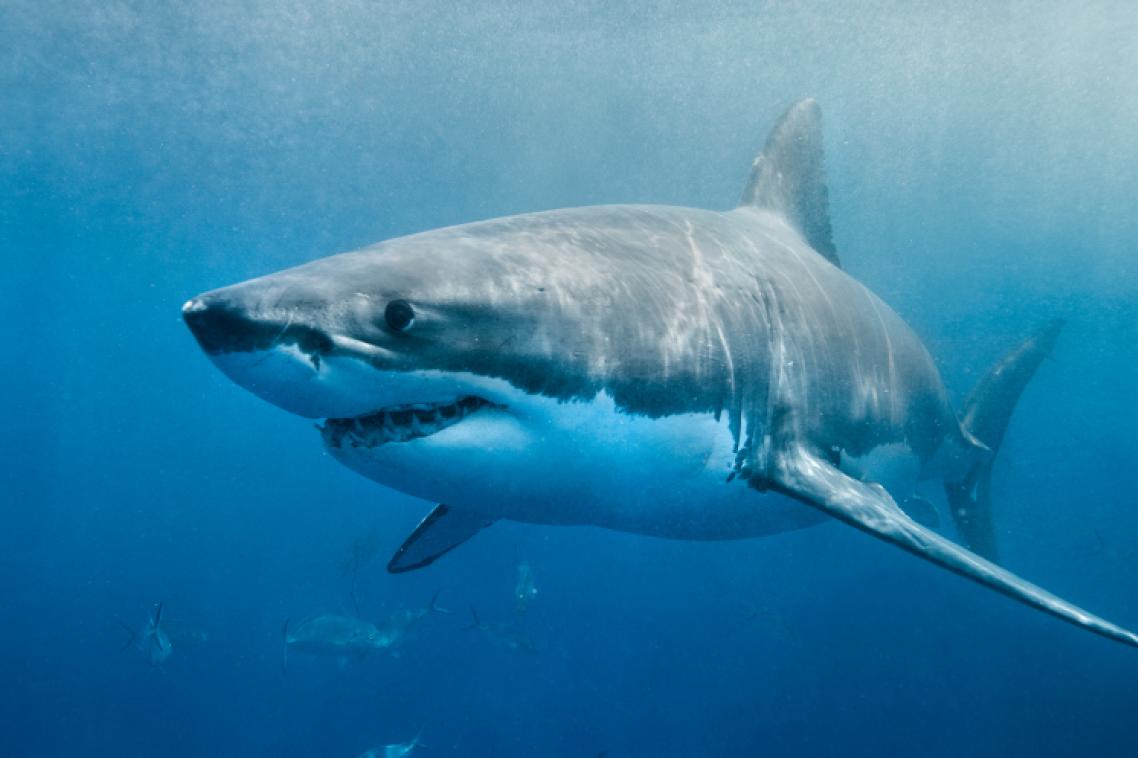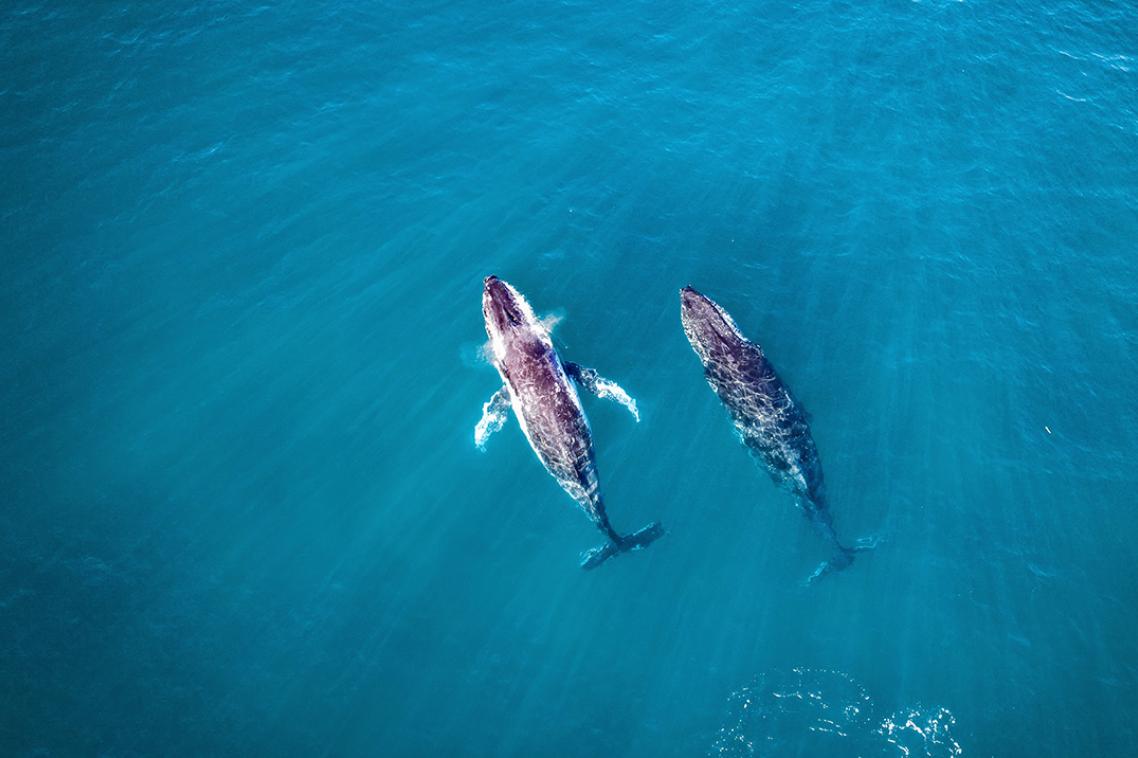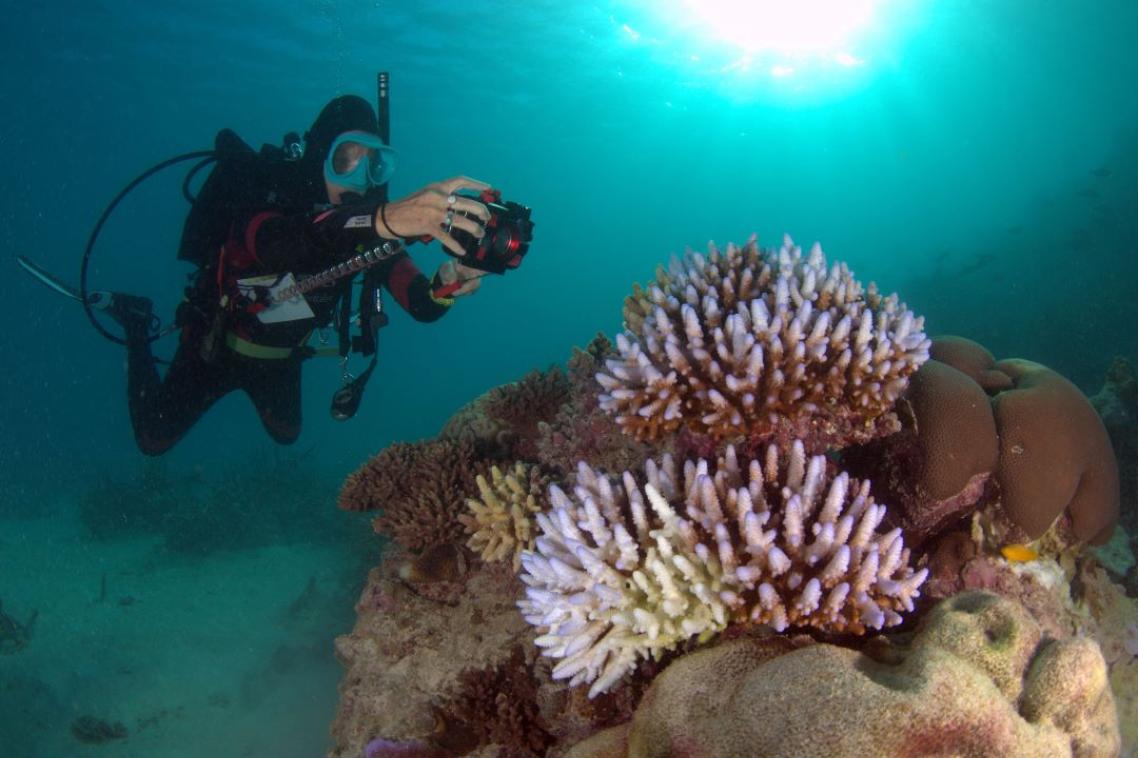Learn about sharks in bite-size pieces

One of the most feared animals on earth will be the subject of a new University of Queensland and Cornell University Massive Open Online Course (MOOC).
Sharks! Global Biodiversity, Biology, and Conservation will be launched during the annual Discovery Channel Shark Week (June 26 - July 3).
The course offers students the chance to track movements of a wild shark, observe shark habitats and behaviour, and dig deep into the fossil record.
UQ Associate Professor of Biology Ian Tibbetts said the course was a unique opportunity to hear from global experts to better understand shark evolution.
“Working in partnership with Cornell University professors, we present the latest in shark science to educate on what is largely a misunderstood or misrepresented species,” Associate Professor Tibbetts said.
“Given the recent spate of shark sightings and news reporting in Australia you’d be forgiven for thinking that shark populations are on the increase, but in actual fact some shark populations are declining, and likely destined for extinction.
“The course enables participants to see the impact of human interactions on shark populations, the ecological role of sharks and the importance of conservation for these mysterious sea dwellers.”
BIOEE101X Sharks from The University of Queensland on Vimeo.
Cornell Professor of Ecology and Evolutionary Biology William Bemis said new research and technologies were making significant contributions to the way in which scientists studied and understood sharks.
“An explosion of new research and technologies such as satellite tagging and CT scanning are helping researchers advance our knowledge of sharks at an unprecedented rate,” Professor Bemis said.
“The technology has been integrated so much that you can now follow some sharks on Twitter, which participants will learn about in the course.
“We now have a better understanding of the extraordinary sensory systems sharks have, including a sense that we humans don't have electroreception.
“Shark scientists study everything from anatomy to DNA to understand evolutionary relationships and thanks to new technologies, we now have a good understanding of the evolutionary history of the nearly 1200 living species.”
Sharks! Global Biodiversity, Biology, and Conservation is open for registrations and will be officially launched on Tuesday 28 June 2016.
UQx represents UQ’s engagement with edX, the world’s largest non-profit MOOC provider established by Massachusetts Institute of Technology (MIT) and Harvard in 2012. UQ joined as a charter member in 2013.
Media: Zarese Kisielewski, z.kisielewski@uq.edu.au, +61 7 3365 6211.
Related articles

Decades of surveys show whale migration shift

Thousands of Queensland reef photos lead to worldwide change
Media contact
UQ Communications
communications@uq.edu.au
+61 429 056 139

